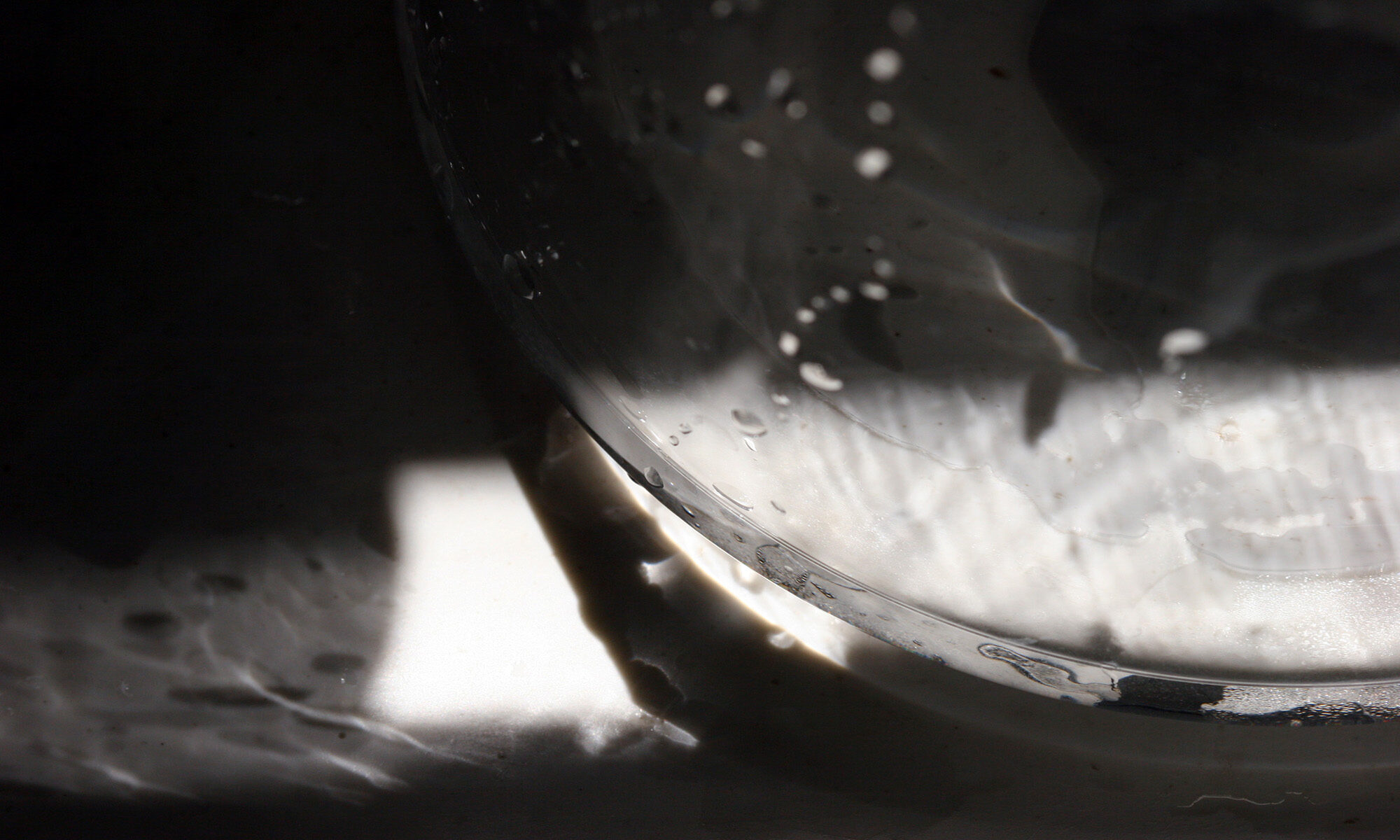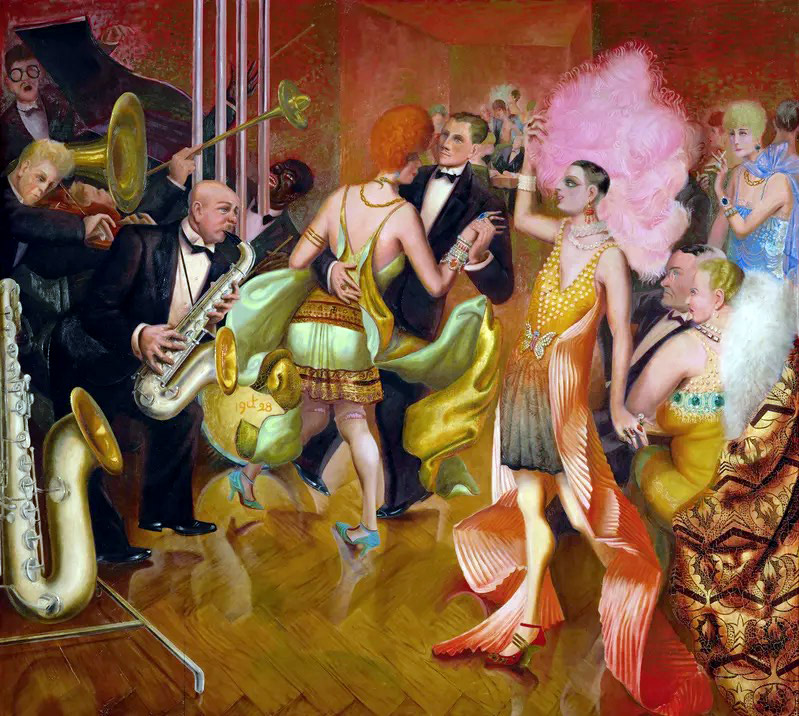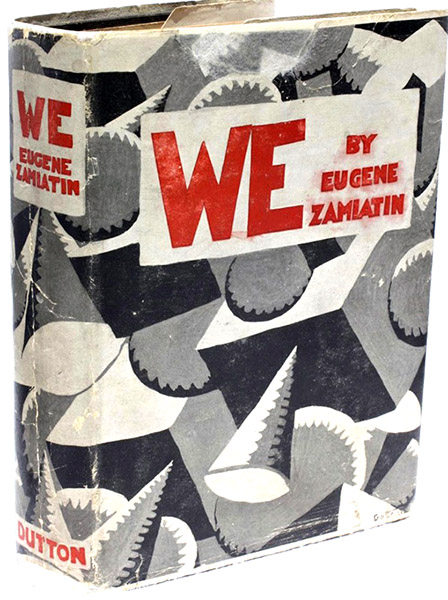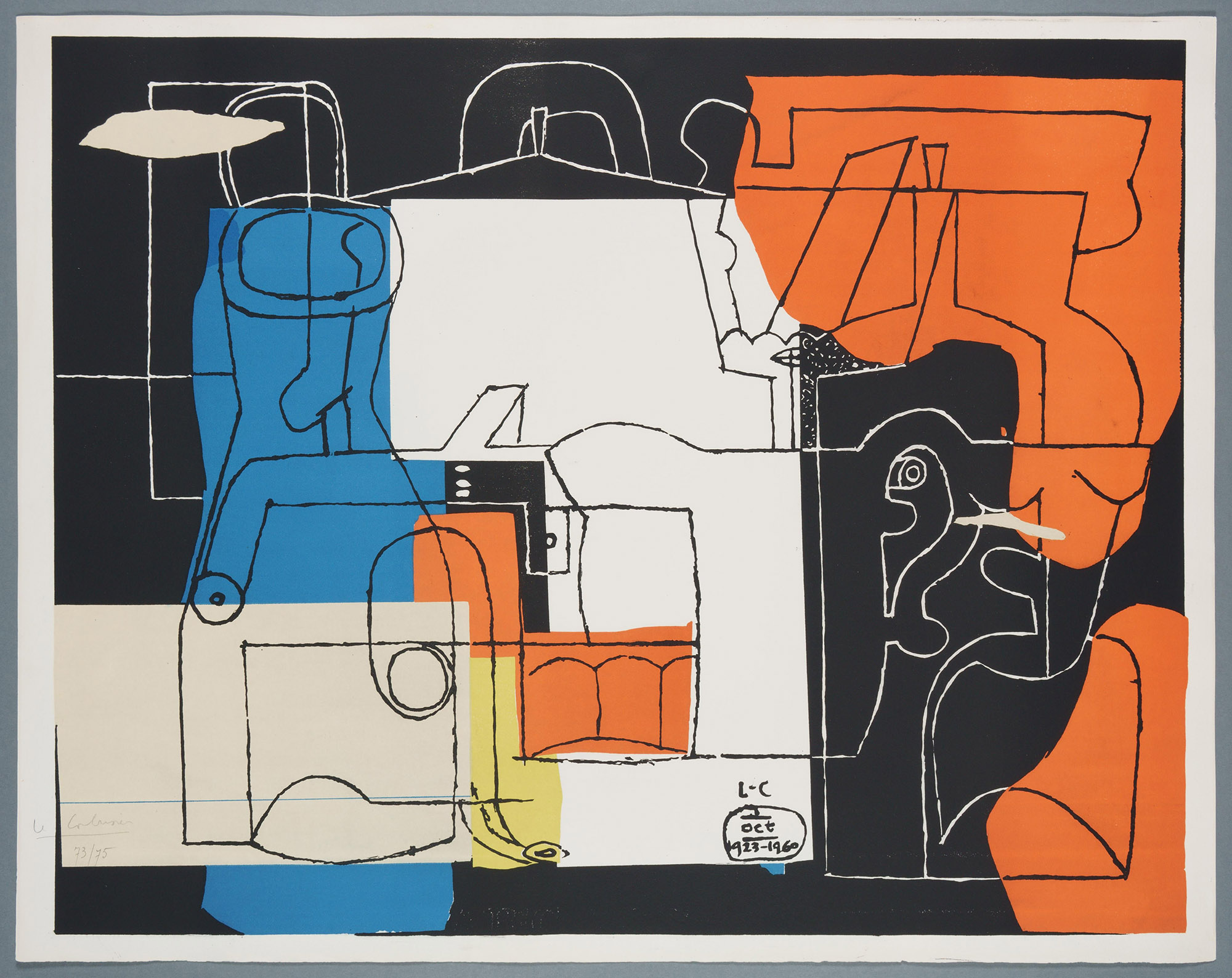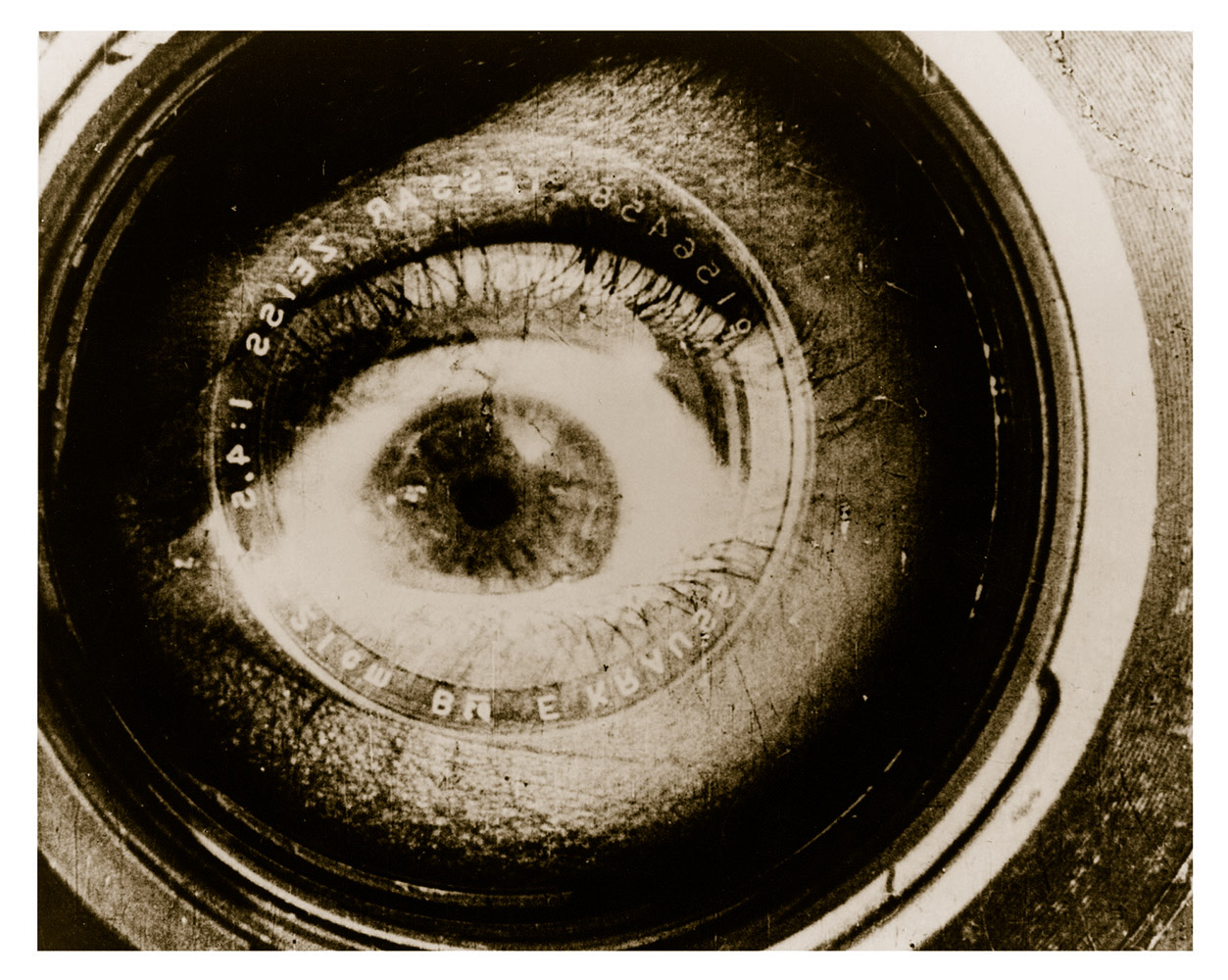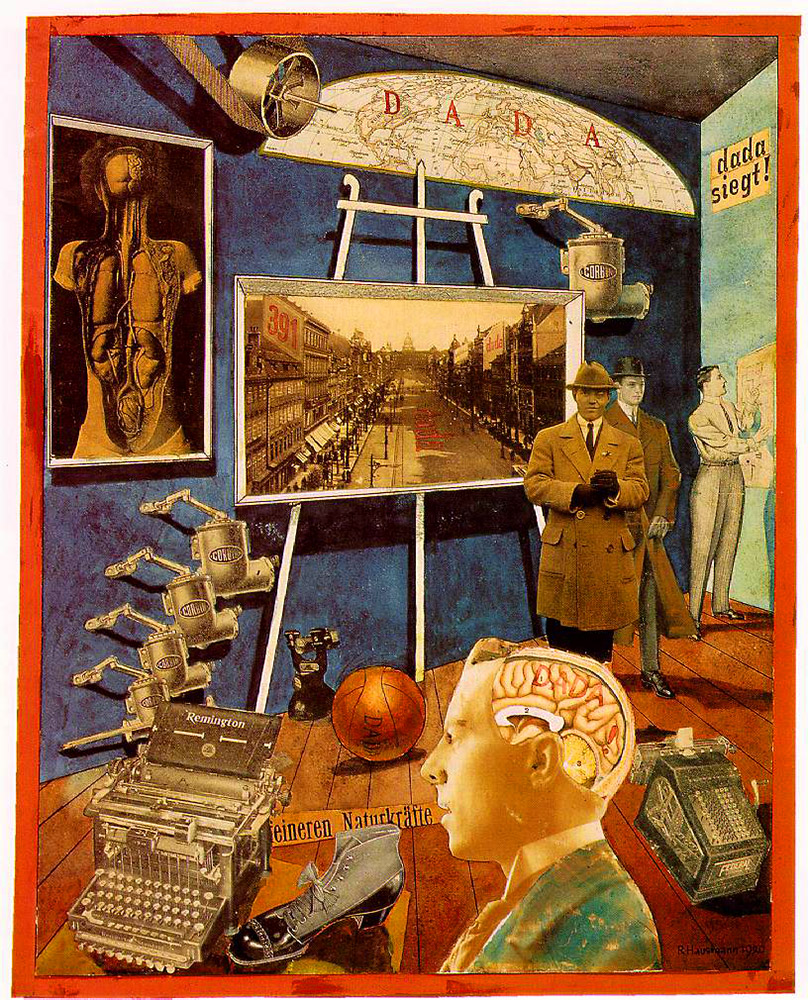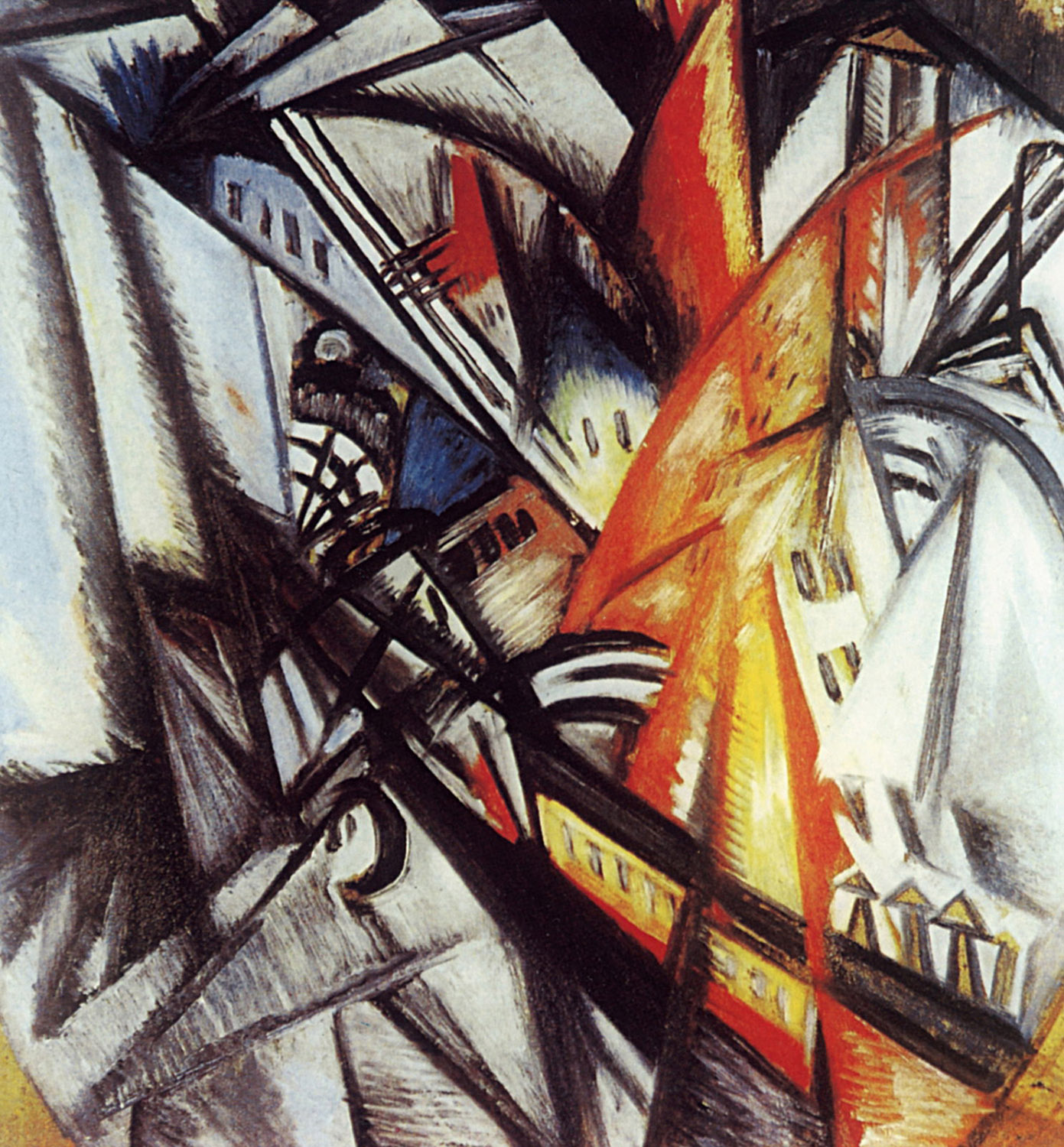The Comet
In the dark apartment my father alone was awake, wandering silently through the rooms filled with the sing-song of sleep. Sometimes he opened the door of the flue and looked grinning into its dark abyss, where a smiling Homunculus slept for ever its luminous sleep, enclosed in a glass capsule, bathed in fluorescent light, already adjudged, erased, filed away, another record card in the immense archives of the sky.
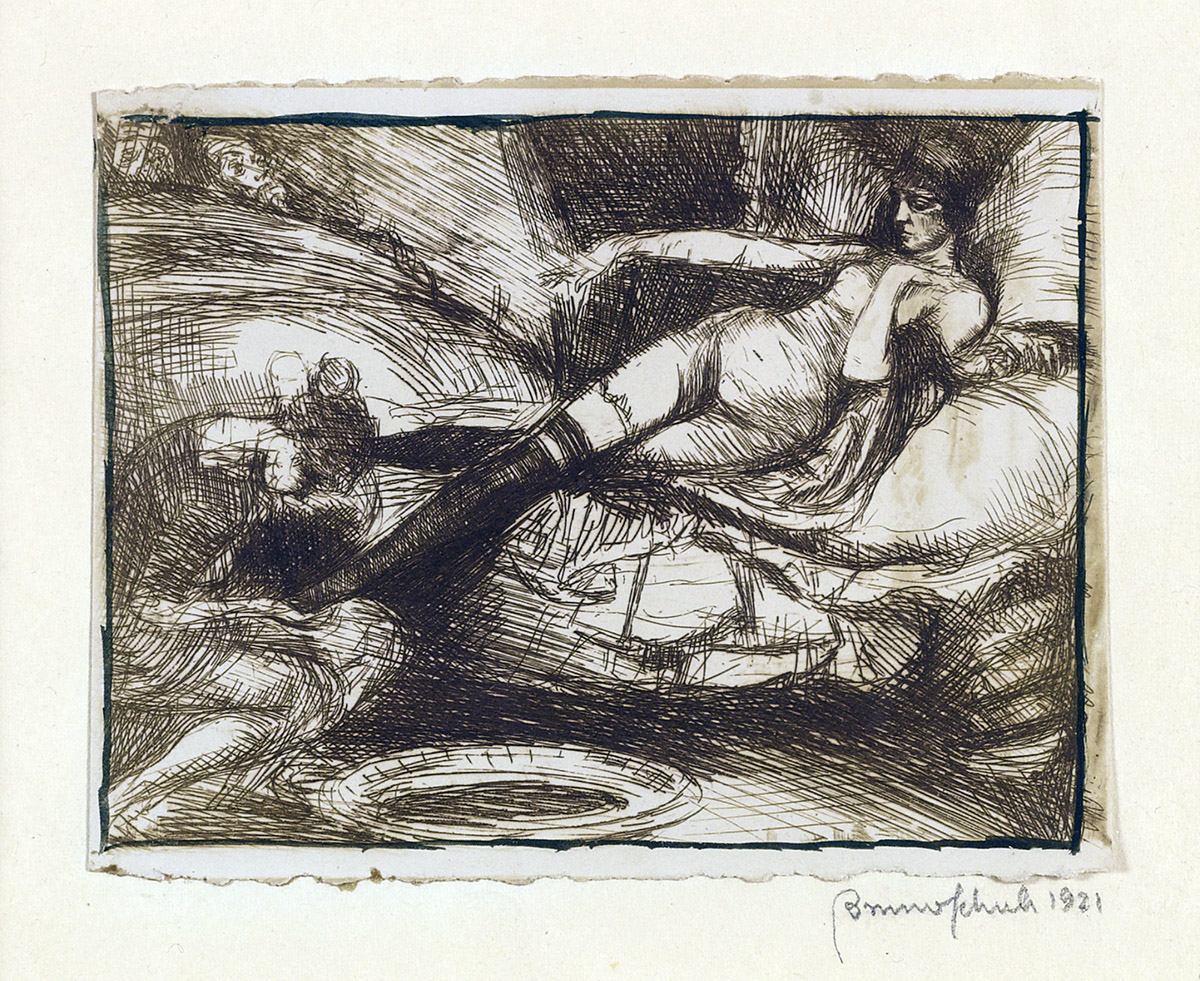
THAT YEAR the end of the winter stood under the sign of particularly favorable astronomical aspects. The predictions in the calendar flourished in red in the snowy margins of the mornings. The brighter red of Sundays and Holy days cast its reflection on half the week and these weekdays burned coldly, with a freak, rapid flame. Human hearts beat more quickly for a moment, misled and blinded by the redness, which, in fact, announced nothing, being merely a premature alert, a colorful lie of the calendar, painted in bright cinnabar on the jacket of the week. From Twelfth Night onwards, we sat night after night over the white parade-ground of the table gleaming with candlesticks and silver, and played endless games of patience. Every hour, the night beyond the windows became lighter, sugarcoated and shiny, filled with sprouting almonds and sweetmeats. The moon, that most inventive transmogrifier, wholly engrossed in her lunar practices, accomplished her successive phases and grew ever brighter and brighter. Already by day, the moon stood in the wings, prematurely ready for her cue, brassy and lustreless. Meanwhile whole flocks of feather clouds passed like sheep across her profile on their silent white extensive wandering, barely covering her with the shimmering mother-of-pearl scales into which the firmament froze towards the evening.
Continue reading “Later on, the pages of days turned emptily”